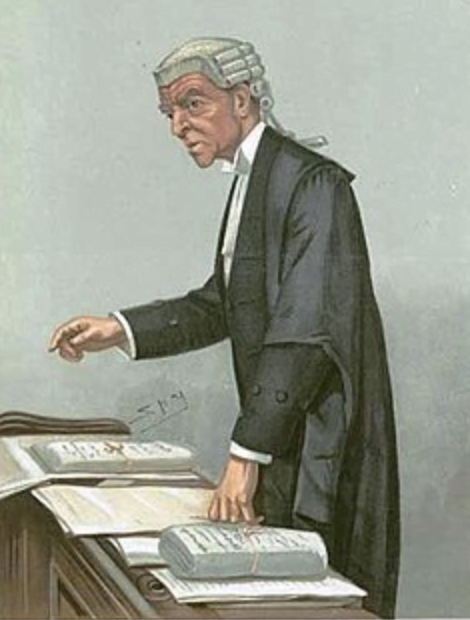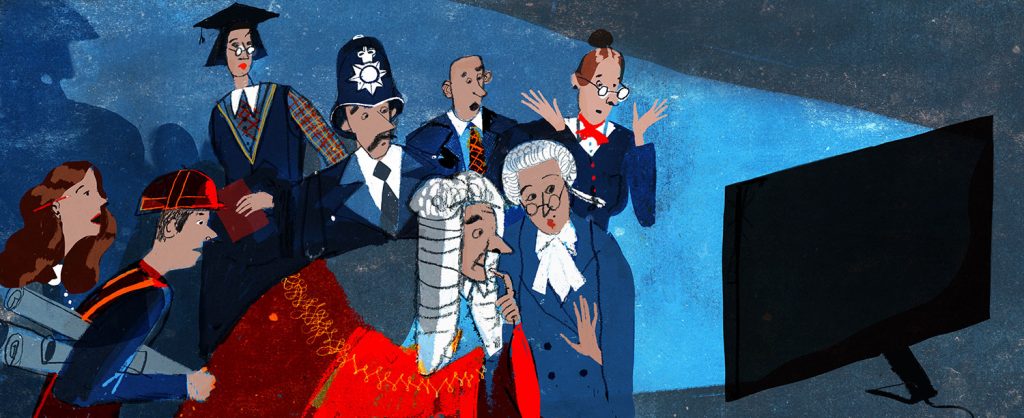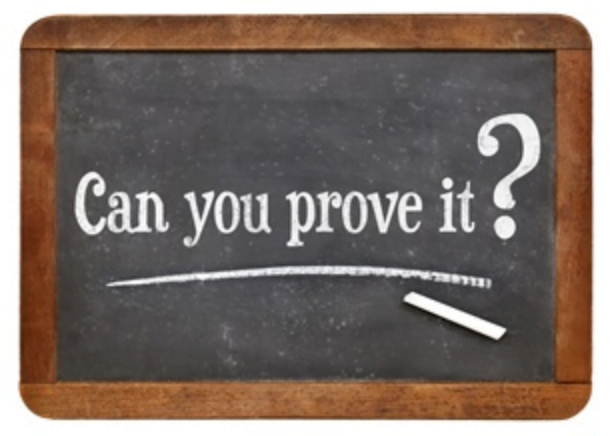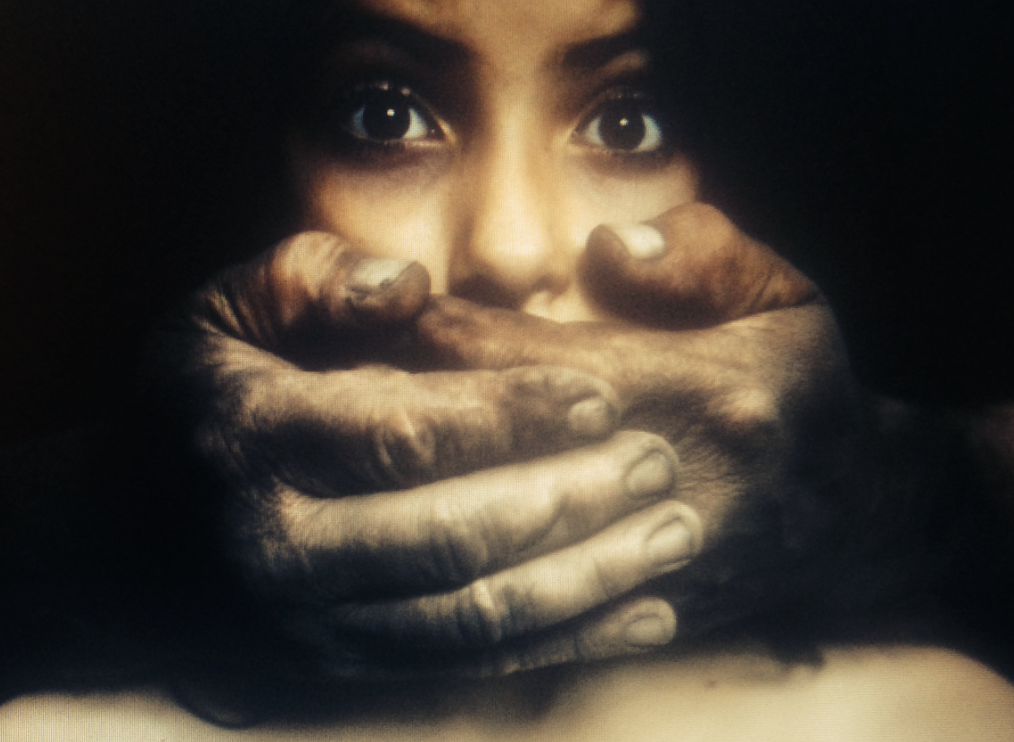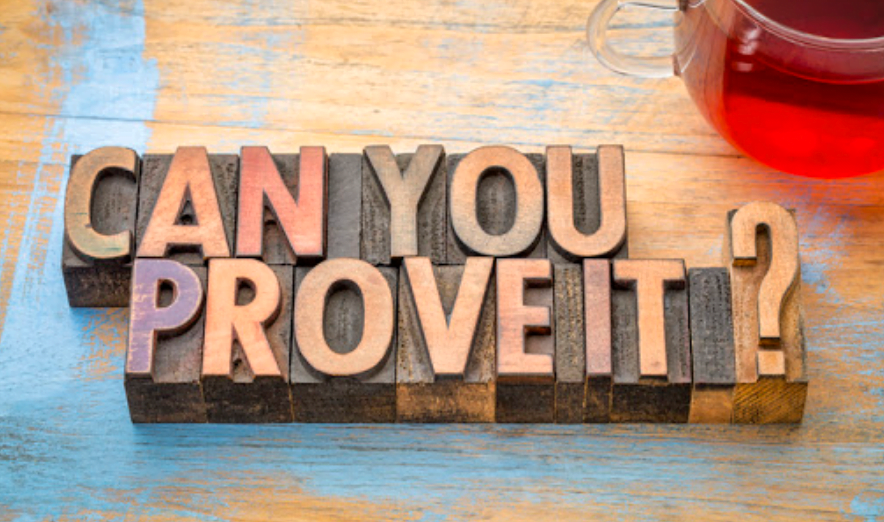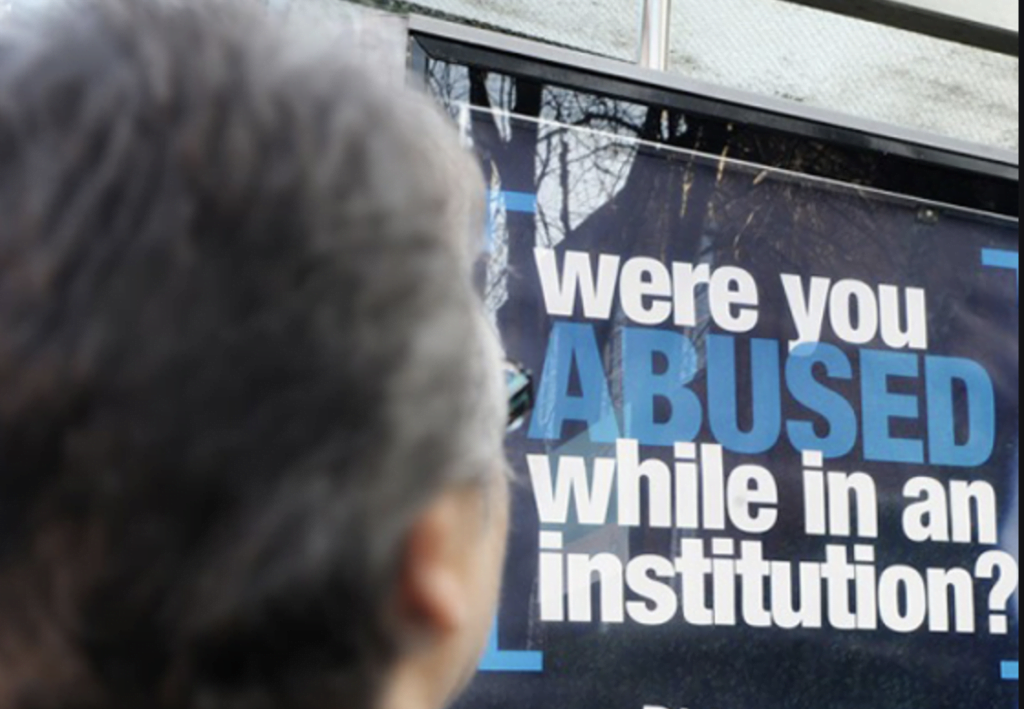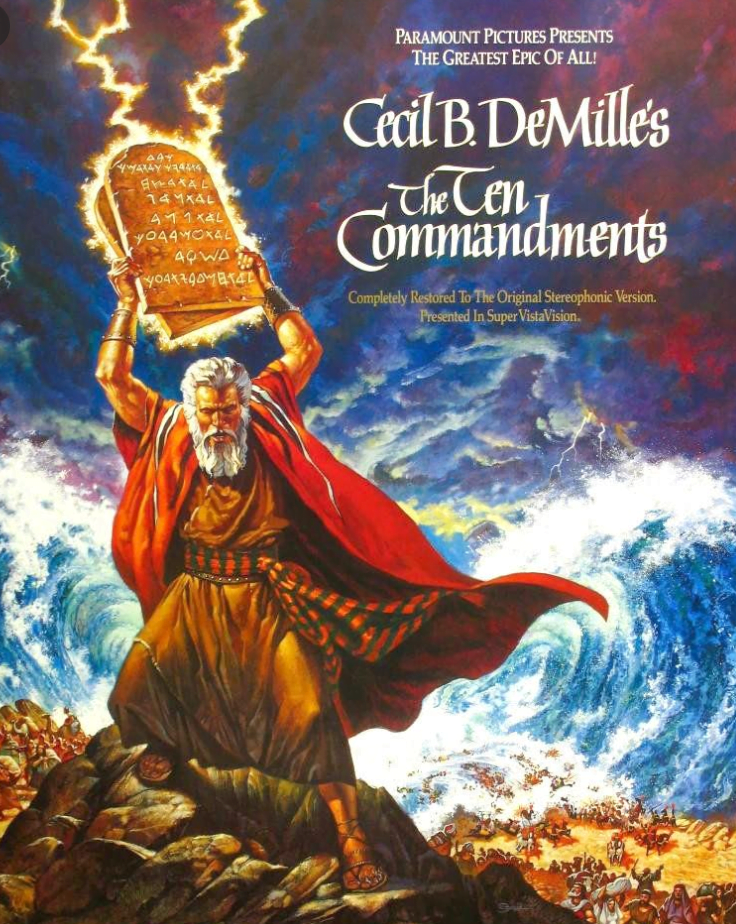The CPS job is to prosecute criminal cases investigated by the police. As part of this role they make the decisions about what charges will be put to an accused. The CPS does not investigate crime. They must review every case referred by the police, or other investigators. They provide early legal advice in investigations to help build cases and to identify whether or not an accused should be charged.
evidence
I Can’t Afford a Lawyer! What Can I Do?
5 Real Life Situations You Need To Prove Using Evidence
Here are 5 examples are of serious problems which need proof if you’re going to deal with them successfully. They all involve the police and the courts. In every case you will need legal advice about what to do. Whether you succeed will depend on what you can prove and how good the evidence is. ONRECORD can help you make good records and improve your chances of success. Read our advice about making good records – you will need it in every case.
Giving a voice to those who are not heard
The ONRECORD app, by storing good quality and detailed evidence online, which can be securely shared with professionals, provides the best opportunity for anyone to penetrate the resistance to them being heard. There are plenty of powerful figures, such as those suppressing the information about child abuse on the British mainland and the Channel Islands, who will try to silence victims. In the end, though, being able to present your evidence clearly and share it securely is the most effective way of ensuring that cover-ups are uncovered and the guilty face justice.
The Family Court: Domestic Abuse, Coercive Control, Parental Alienation and False Allegations
Join us to learn more about the family court and its treatment of victims and perpetrators of abuse, coercive control, parental alienation and false allegations. Subscribe to our podcast channel and get reminders to know when we next publish.
5 tops tips to make sure you get contact with your child
You may be worried that contact with your child is going to be limited. It’s a very common problem for fathers in particular, and it’s specially worrying if you already have limited contact after the breakup, as a result of leaving home, trying to find somewhere acceptable to live and having to make do with whatever awkward arrangement can be made. Many fathers understandably assume that the court will automatically side with the mother and not respect the needs of children to have good, strong and stable relationships with their fathers.
How to prove parental alienation in court
Parental alienation is one of the most difficult things to prove and yet it is one of the most damaging to children and families. It can easily lead to a child completely losing their relationship with one parent and wrongly coming to believe that the parent was abusive or wicked in some other way.
‘Gather evidence’ is the golden rule and get legal help. These are difficult and complicated cases and you need all the help you can get.
5 key things to understand about evidence in an important trial
The 5 key features are: the ‘burden’ of proof, the standard of proof, what has to be proved, how to gather the evidence and who will decide your case.
There are two kinds of burden of proof. The legal burden (sometimes called the persuasive burden) which falls on the person or party that has to prove their case. The evidential burden is the task of producing the evidence to prove the case.
How can historical abuse be proved?
If you were a victim of abuse as a child or young person, it is known as ‘historical abuse’. Your decision to report it now is bound to be influenced by whether you’re likely to be successful and how difficult it’s going to be. Historical abuse cases have had lots of publicity in the past few years, especially for those abused (or allegedly abused) by prominent people and it could easily put you off. It’s revealed a level of interest from the press and public, which is often voyeuristic and ghoulish. Maybe now as an adult you want to report your abuse to the police but you’re worried about proving it and concerned about the publicity, the pressure and the repercussions. This is very understandable.
7 types of documentary evidence you need to prove your case
To win a case in court the basic fact is that you must have evidence to prove that what you are saying has happened has actually happened; who is responsible; and that your version of events has involved a breach of the relevant law – this is known as the ‘legal argument’. Documentary evidence, i.e. written evidence, is generally viewed as the best form of evidence, so prioritise collecting emails, screenshots of texts, letters.

